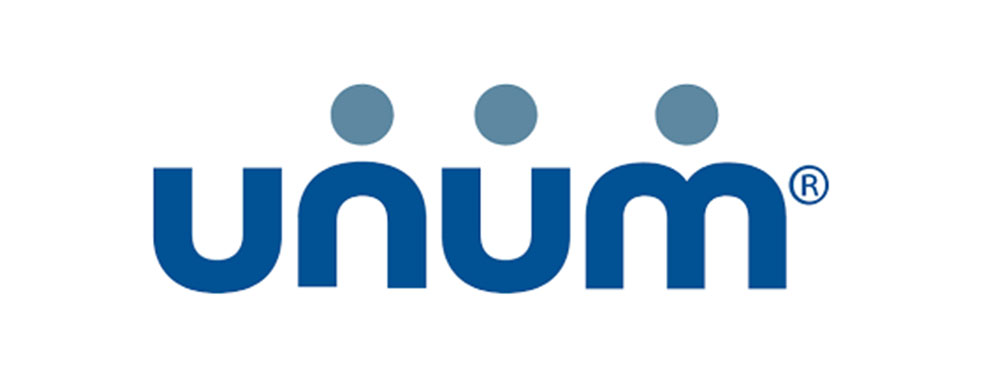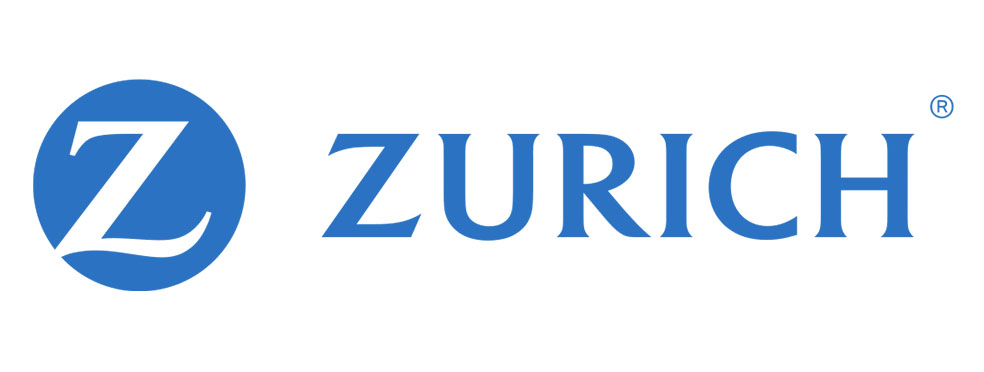Commercial Property Insurance
Commercial property insurance pays to repair or replace buildings, associated structures, and contents damaged or lost from a variety of perils. Commercial property policies that the property owner carries generally don’t cover building contents belonging to a tenant. If you rent or lease your building, you should buy your own policy to insure your on-premises property including machinery, furniture, merchandise, and improvements is covered. The cost of tenant coverage will generally be significantly less than building coverage because the policy will only cover contents, not the building itself.
There are generally three different forms of property insurance available. They are basic form, broad form and special form and they cover different kinds of risk factors for causes of loss and damage. Below is a brief description of each:
Basic form commercial property insurance provides coverage for the following named perils: fire, lightning, explosion, smoke, windstorm, hail, riot, civil commotion, aircraft, vehicles, vandalism, sprinkler leakage, sinkhole collapse, and volcanic action.
Broad form commercial property insurance policies provides named perils coverage for the perils insured against in the basic causes of loss form (fire, lightning, explosion, smoke, windstorm, hail, riot, civil commotion, aircraft, vehicles, vandalism, sprinkler leakage, sinkhole collapse, volcanic action), plus: falling objects; weight of snow, ice, or sleet; water damage (in the form of leakage from appliances); and collapse from specified causes.
The third is the special form commercial property insurance policy. This type of commercial insurance policy protects business owners from all causes of loss except those that are specifically excluded in the contract.
Replacement Cost v.s. Actual Cash Value
The best property coverage that you can get is "replacement cost." Having replacement cost will get you back in business faster after a loss. The insurance company will pay to replace the damaged property with the same like, kind, and quality without depreciating.
When you have a policy that pays "actual cash value," your payout from the insurance company will be the cost to replace your property with new of like, kind, and quality minus depreciation.
Depreciation is the loss of the value of the property from all causes including age, wear and tear, and depreciation.
Pay close attention to which property form and valuation that you are purchasing when comparing rates on property insurance. Our Agents at Childress Insurance Agency take the time to analyze your business and your needs in order to customize a plan for you and see to it that you are adequately protected.
Contact Now Get a Free Quote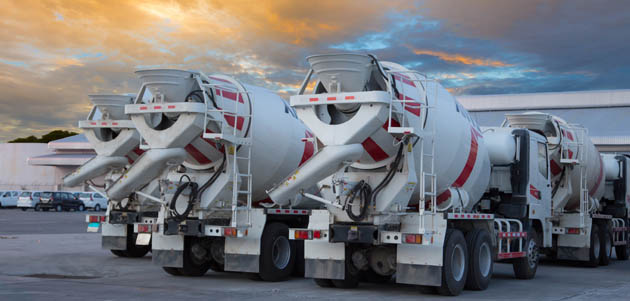


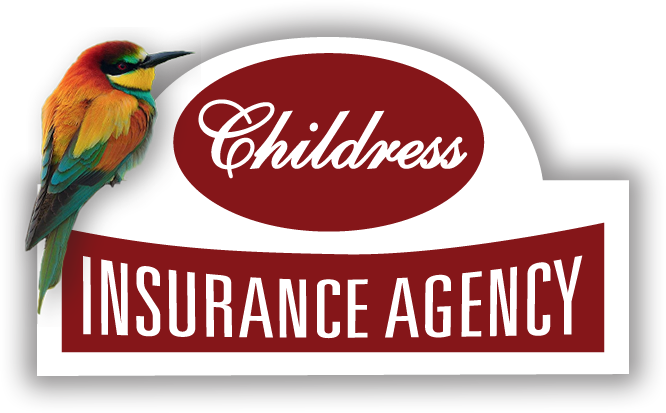







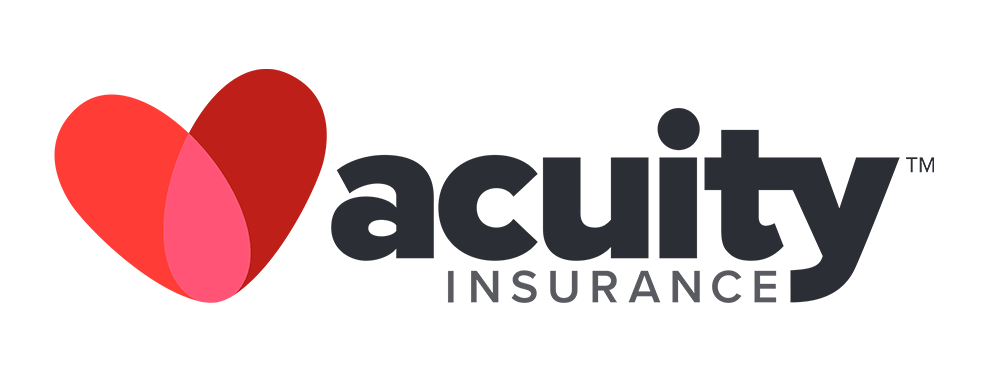
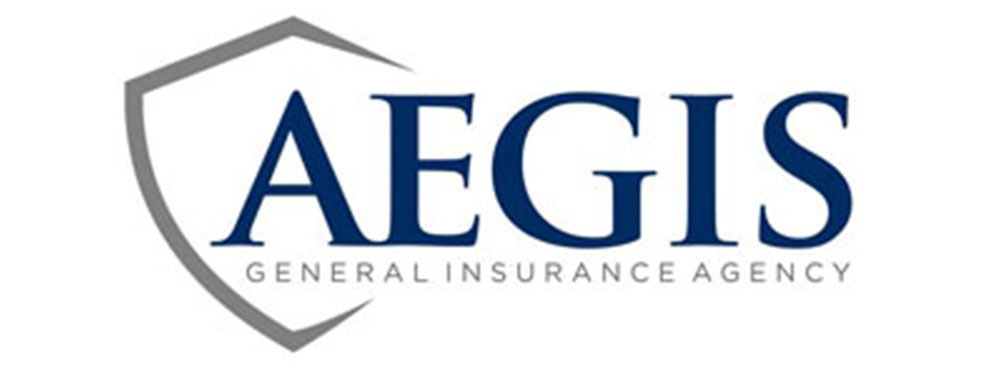
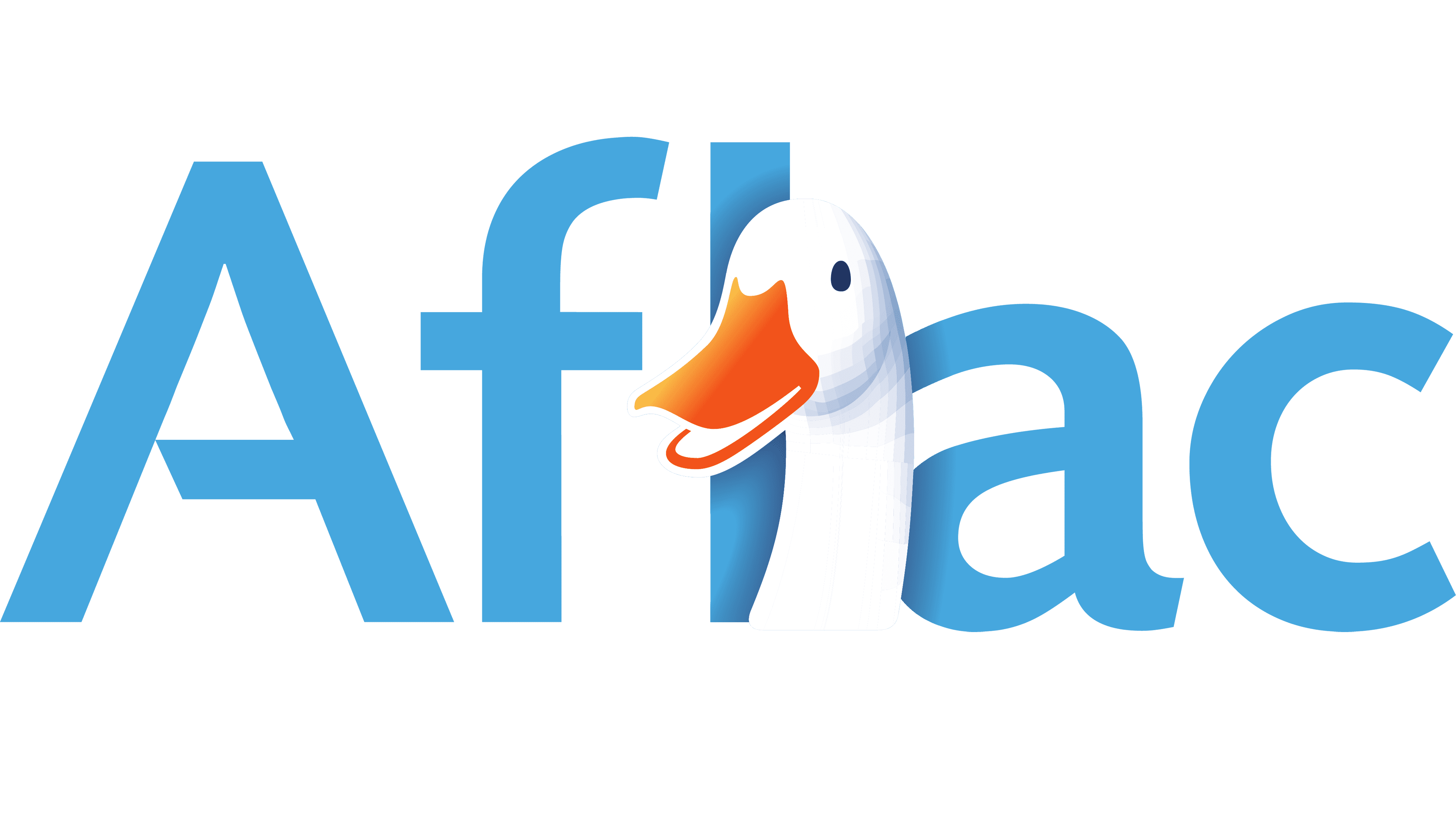
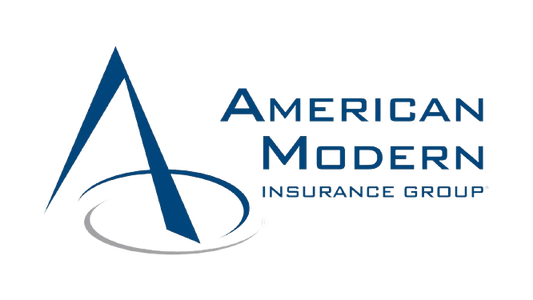

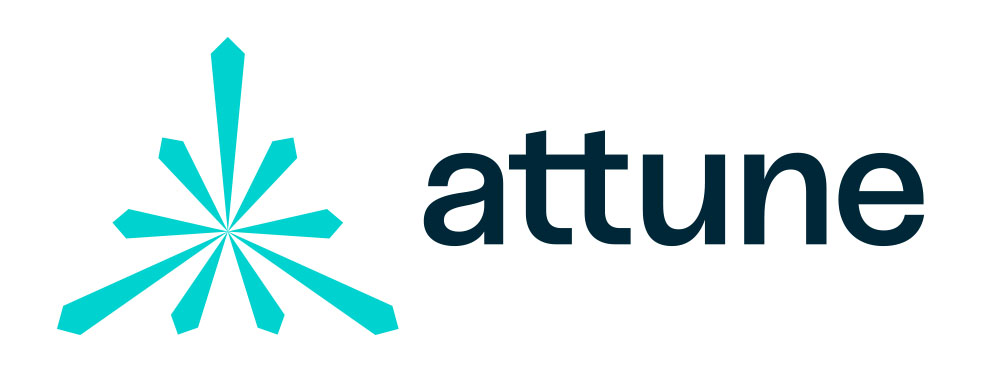

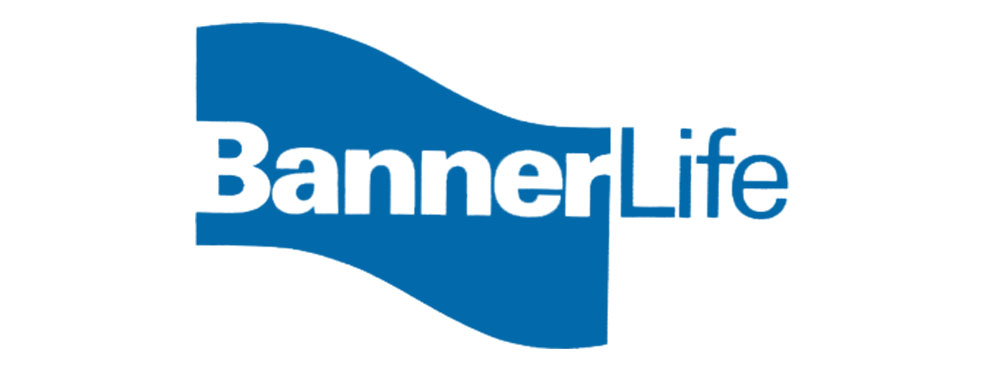
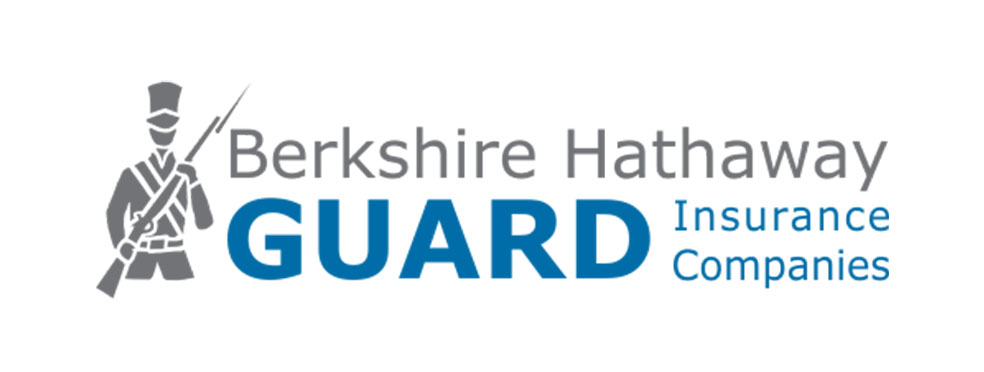

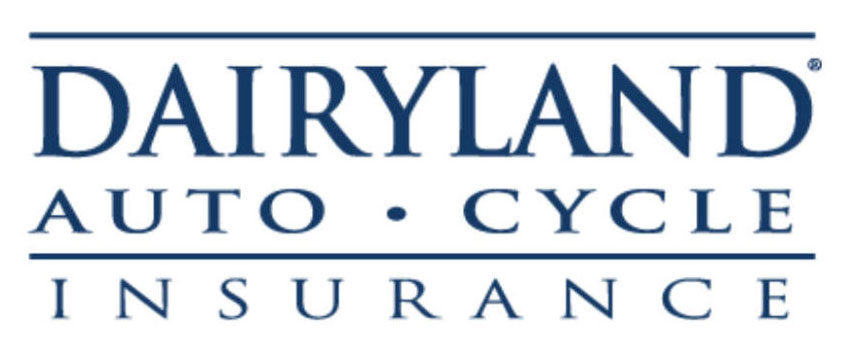

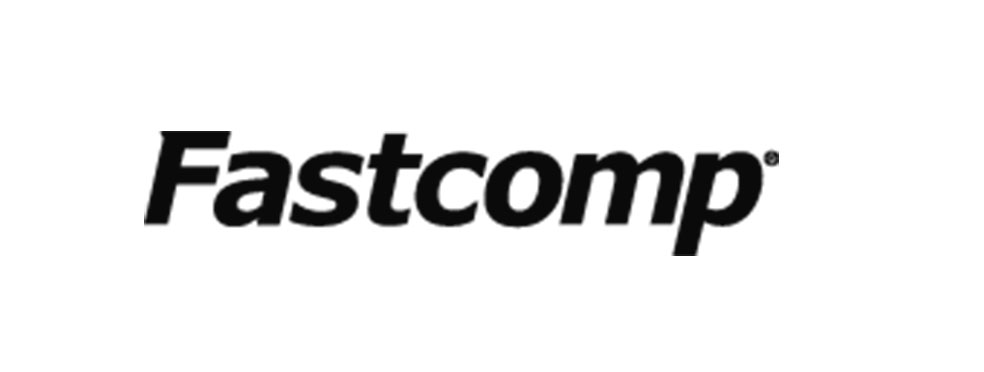
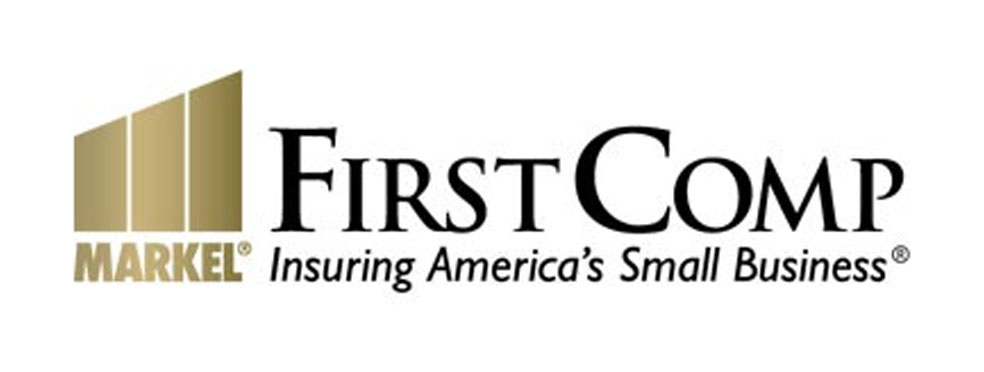
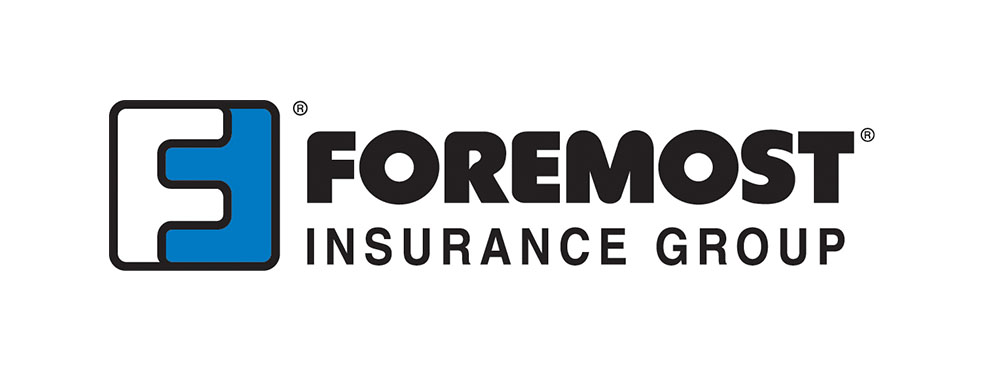
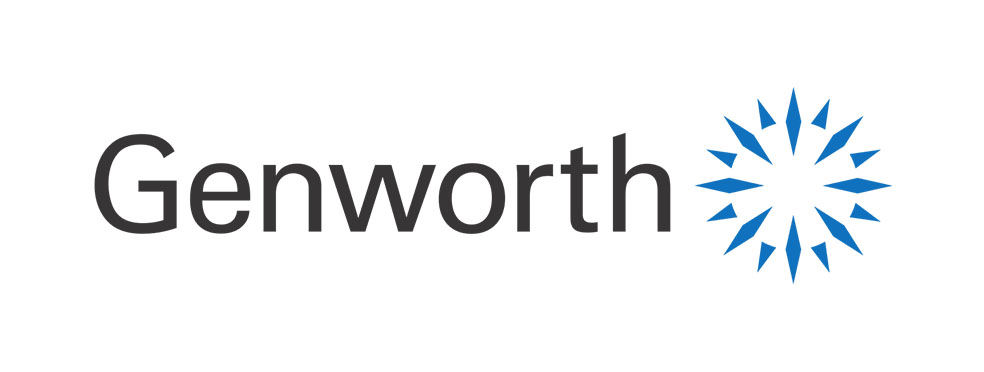
.jpg)
.jpg)
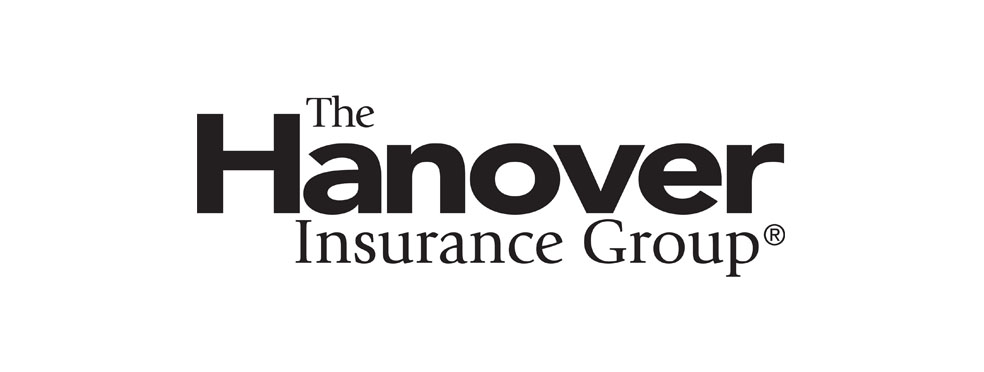
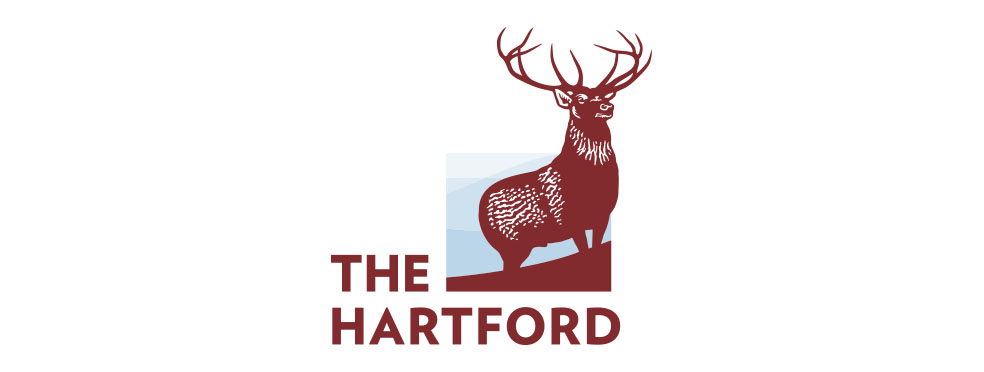
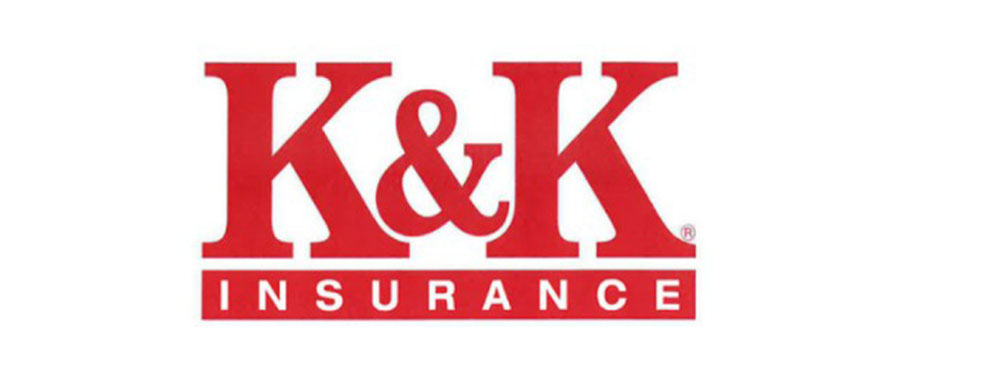
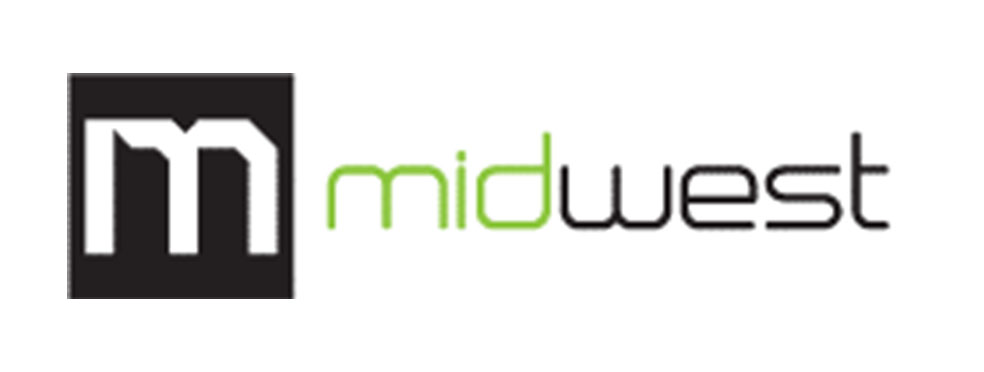
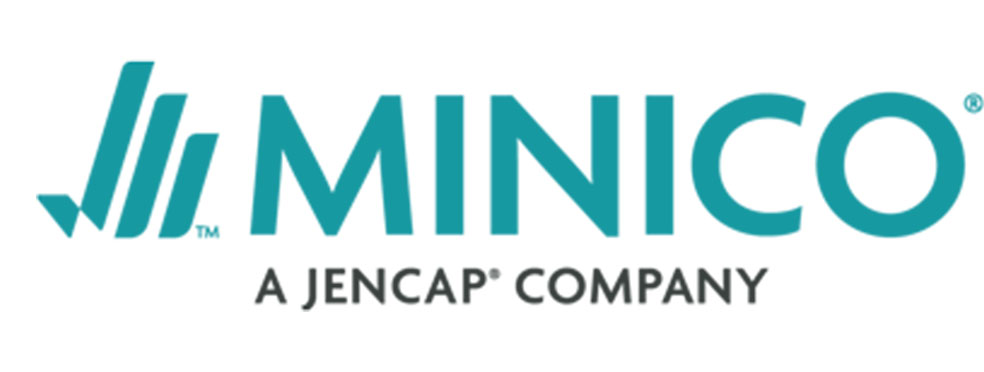
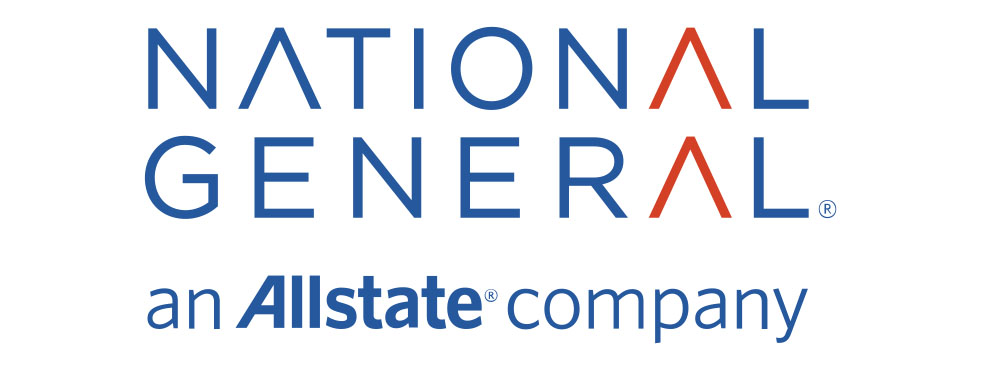
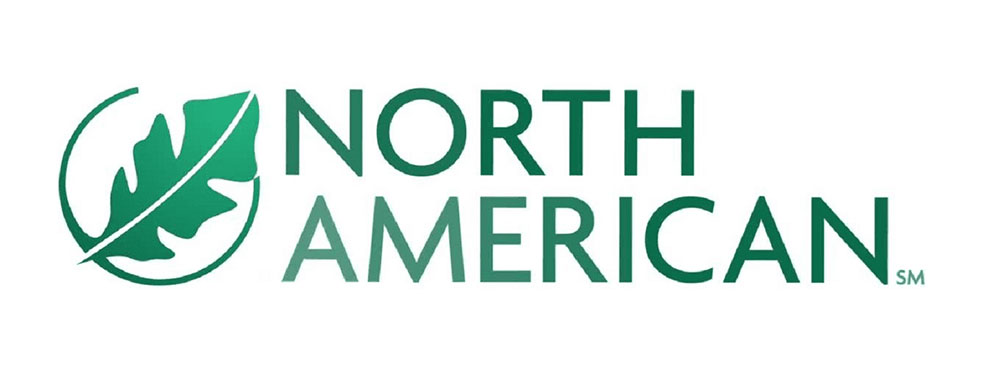
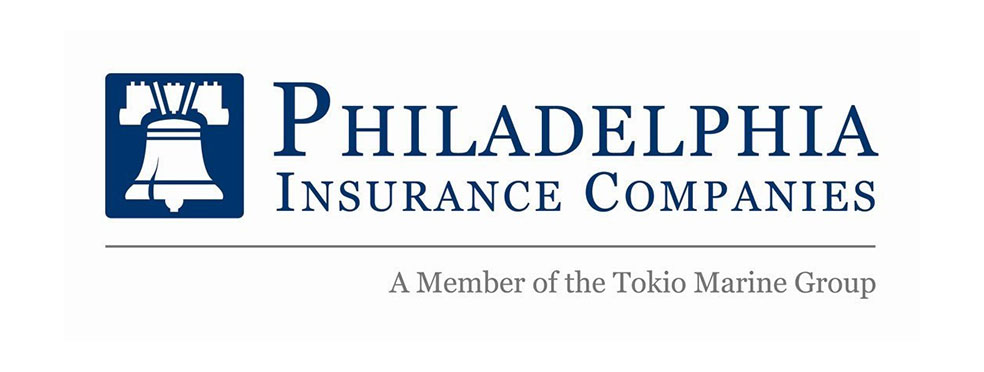
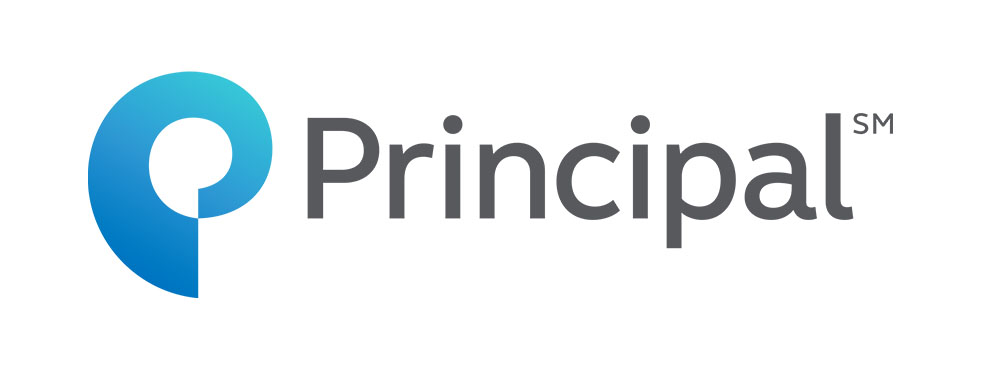
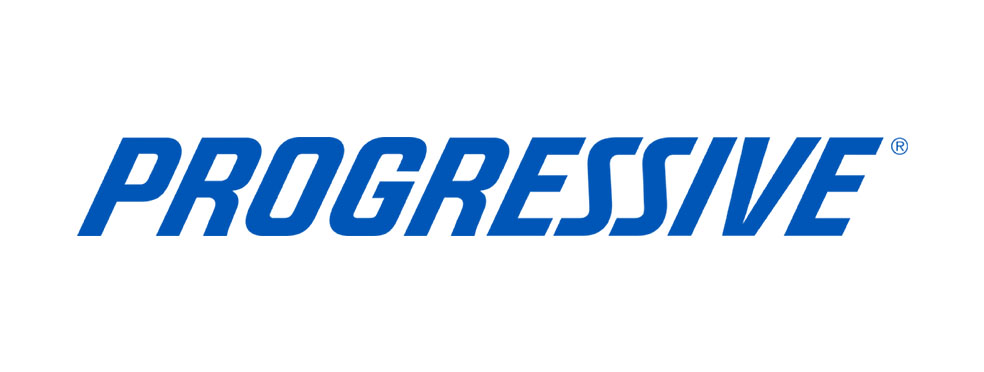
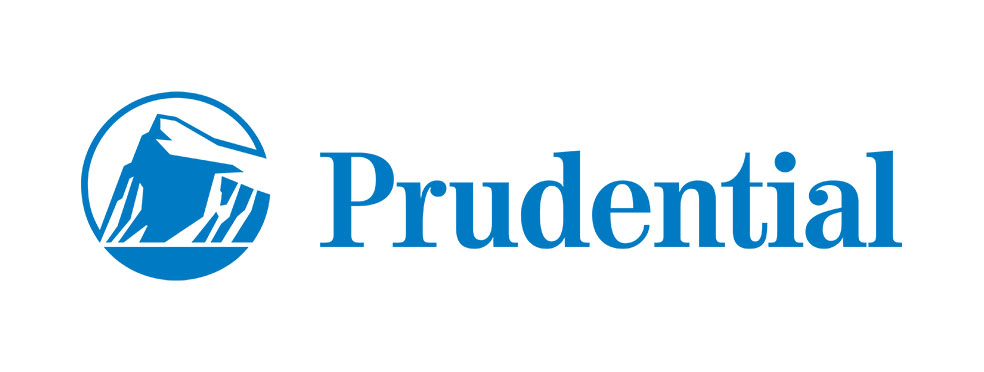
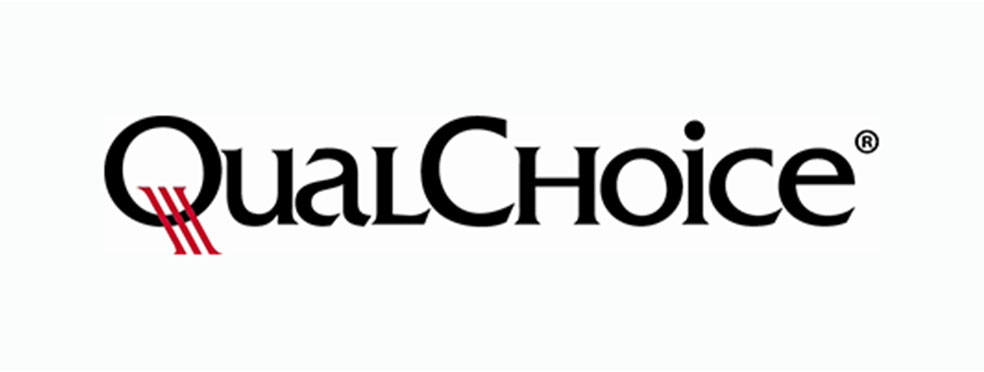
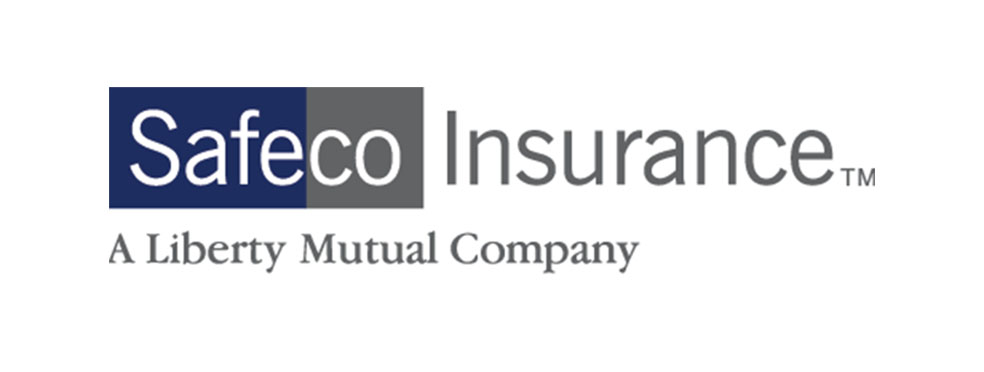
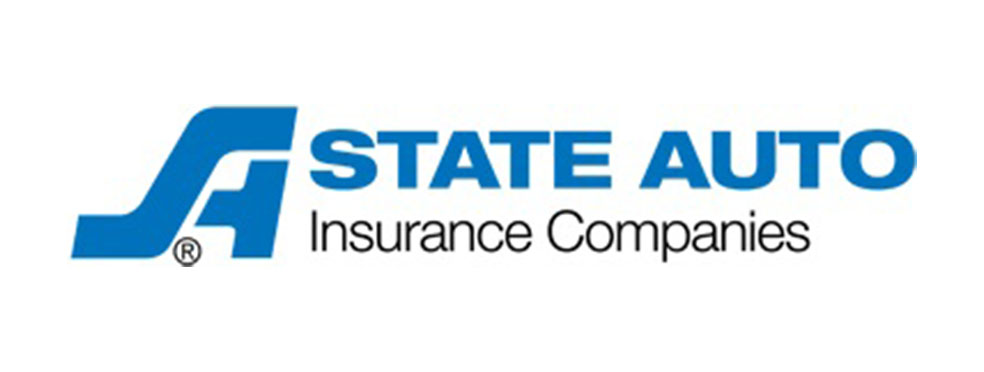
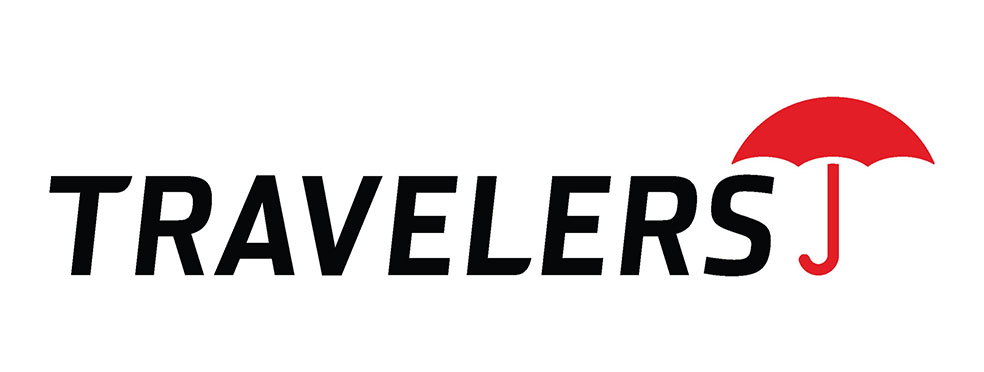
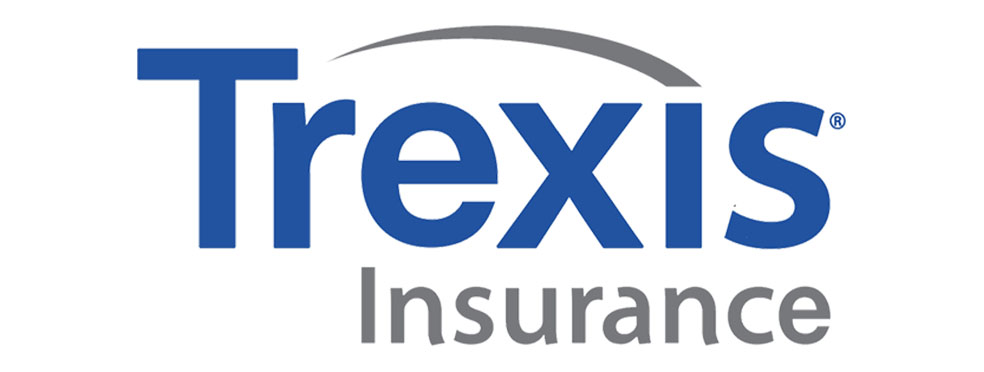
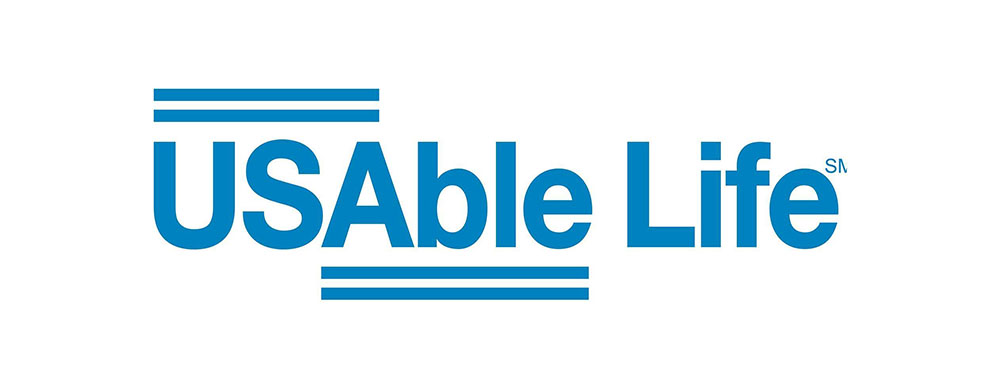
.jpg)
.jpg)
